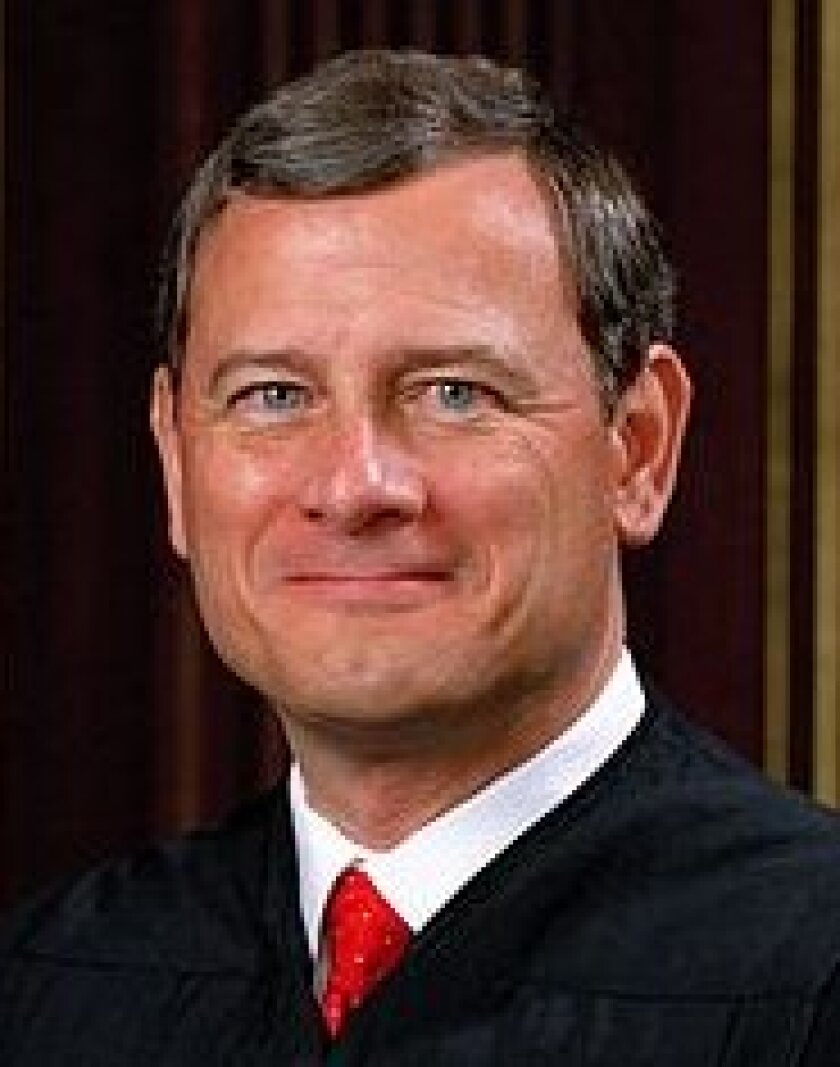
| |
| Chief Justice John G. Roberts Jr. |
Much like the senators whose decisions Kennedy described in his book, what Roberts chose was to put what he believed was right over what was best for him personally. Whether history will judge his decision well or poorly we cannot know today and will not much matter in terms of what happens to him personally in the years to come.
I think the country and its institutions — Congress, the presidency and the Supreme Court at the federal level and their equivalents in state and local governments — are in a very fragile place. Many of those in public life seem to act as if these institutions are impregnable, but they are not. We cannot continue to stretch and strain them without also acting when we can to strengthen them. It seems to me that Roberts took what is in reality a very conservative path: He acted deftly to craft a ruling that, while it will expose him to great criticism, serves to protect and strengthen these institutions and to turn our dialogue aside from an ever more confrontational posture. His decision also showed character in that it was apparently much in keeping with the views he expressed at his confirmation hearings and in his pronouncements as chief justice.
Anyone who serves in public life long enough, especially in elected office, faces these sorts of decisions, whether they occur in the glare of intense media attention or in quiet moments in an office in the county courthouse. This country has survived as long as it has because enough of its leaders have chosen the country and its institutions over their friends and their political ideology.
Kennedy closed his book with the observation that while the stories he was sharing could define courage and could offer inspiration, they could not supply courage itself. "For this," he wrote, "each man must look into his own soul." Whether you agree with him or not, I think it's fair to say that John Roberts found courage, and for that we should be grateful.







